8-12
Pathways
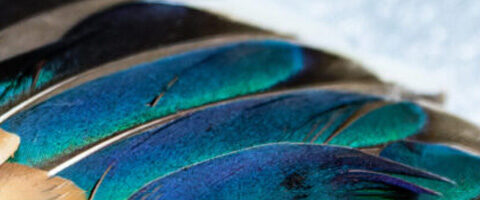
Explore the museum's bird collection. Learn how to help birds through citizen science.
View Pathway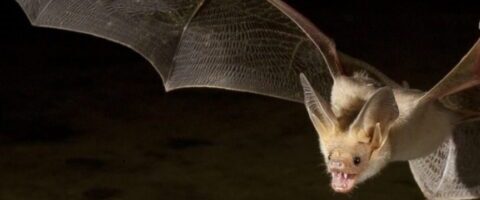
There are 15 species of bats in BC. Which ones live near you? Find out how important bats are to people and the world we share with them.
View Pathway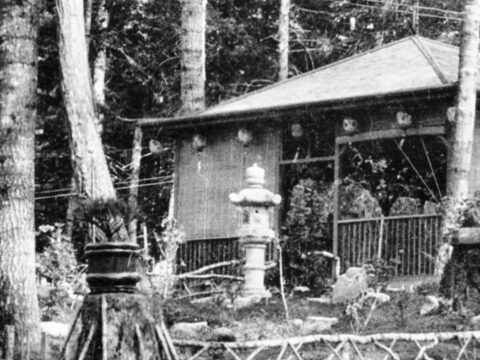
This pathway examines the displacement and dispossession of thousands of Japanese Canadians in Canada in the 1940s.
View Pathway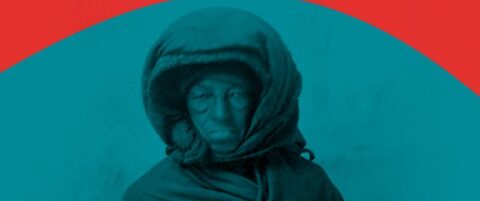
1In 1 playlists
This pathway is connected to the exhibition Hope Meets Action: Echoes Through the Black Continuum. The exhibition and pathway explores the connections between historical and contemporary Black experiences throughout BC.
View Pathway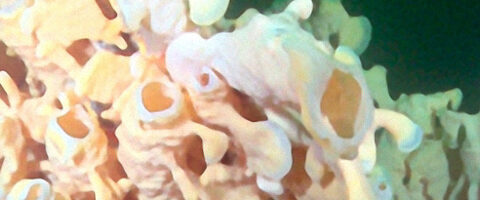
Dive into the world of ancient deep-sea biodiversity hotspots called glass sponge reefs.
View Pathway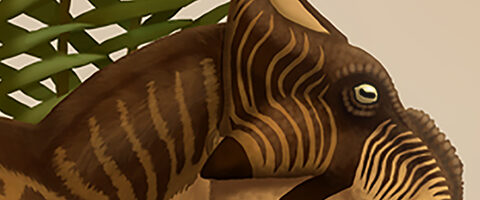
Almost 50 years ago a geologist found dinosaur fossils in northern BC. Today those fossils are in the Royal BC Museum collection. Curator of palaeontology Dr. Victoria Arbour studies those fossils. Find out about her exciting discoveries!
View Pathway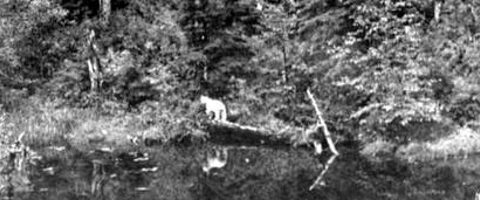
1In 1 playlists
For thousands of years, Indigenous people have shared the Great Bear Rainforest with wolves, eagles, sea otters, salmon and herring, as well as many other animals. It is the only home of BC’s provincial mammal, the Spirit Bear.
View Pathway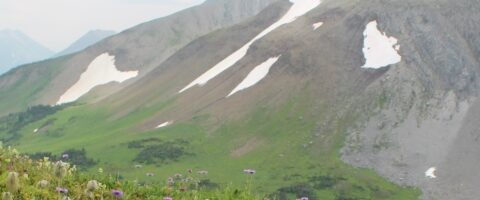
1In 1 playlists
British Columbia has high mountains. Lots of them. In fact, more than 12 per cent of the province is alpine tundra—land above the trees. The alpine tundra is a land of extremes. Trees can’t grow at such high elevations because of cold temperatures. The growing season is brief, and some areas are covered by snow…
View Pathway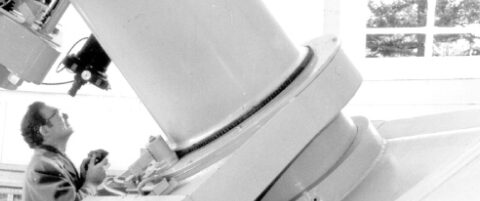
To celebrate its 100th anniversary, the Dominion Astrophysical Observatory (DAO) partnered with Royal BC Museum. Discover how this place of science helped the world understand astronomy and our place in the universe.
View Pathway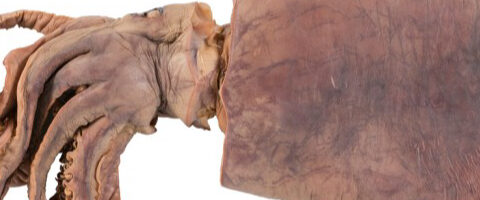
3In 3 playlists
More than 4,000 alien species have made their way to BC with human help, including most of the plants and animals that we eat.
View Pathway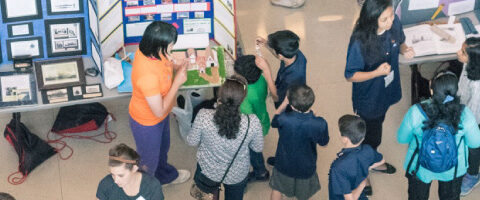
5In 5 playlists
The Royal BC Museum and BC Heritage Fairs both work to engage youth with BC’s history. Find out how and be inspired by student projects in this pathway.
View Pathway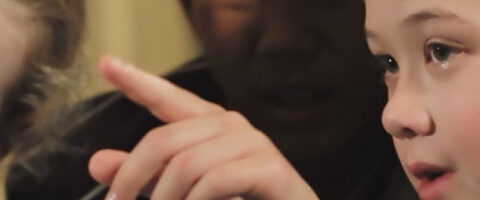
2In 2 playlists
This pathway is especially for teachers who want to use object-based learning in the classroom. Includes lesson ideas and online support.
View Pathway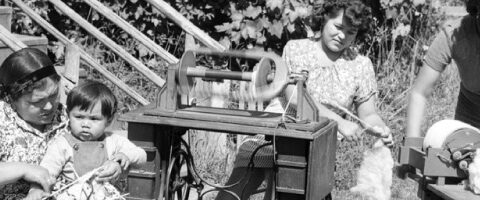
1In 1 playlists
L’histoire de la Colombie-Britannique est remplie de récits de famille — des familles de toutes les formes et de toutes les tailles ; des familles établies ici depuis des milliers d’années, des familles venues ici des quatre coins du monde. Ensemble, nous contribuons à la diversité de notre province.
View Pathway
3In 3 playlists
British Columbia’s history is filled with stories of families—families of all shapes and sizes; families that have been here for thousands of years and families that have come from almost everywhere in the world. Together, we shape our diverse province. (Grades 9-12)
View Pathway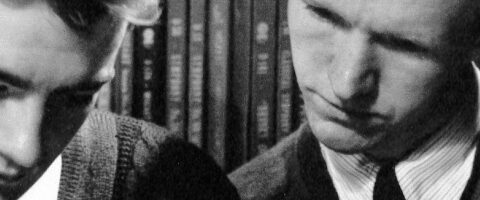
1In 1 playlists
The world of filmmaking has changed dramatically over the years. Recording devices are now digital and they’re available to amateurs just about everywhere. Explore archival audio and film from the BC Archives to learn about home movies and amateur filmmaking through the career of Stanley Fox.
View Pathway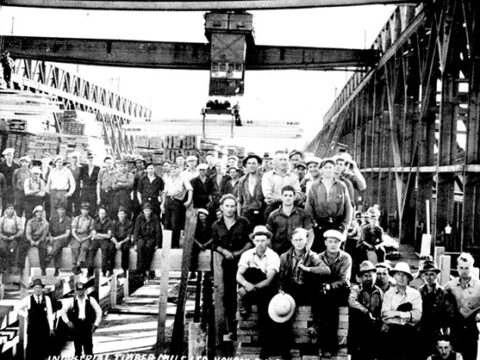
7In 7 playlists
Explore interviews from the Centre for Indo-Canadian Studies at the University of the Fraser Valley. Learn more about the experiences of early Punjabi immigrants to Canada.
View Pathway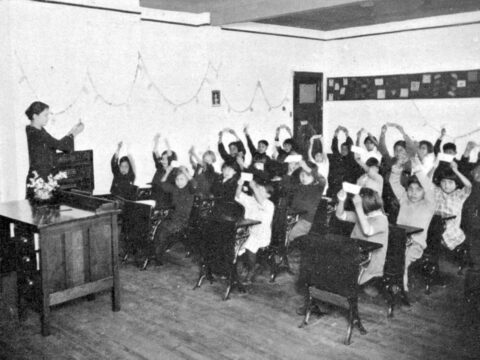
6In 6 playlists
How do we reconcile past wrongs? Look at documents and objects from the Royal BC Museum’s ethnology collection and archives to learn about the effects of Indian residential schools and think about how we can reach reconciliation.
View Pathway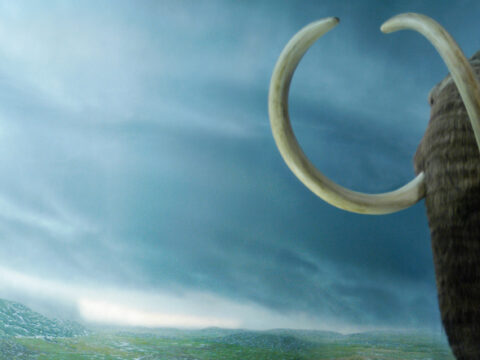
1In 1 playlists
Have you met the infamous Woolly mammoth at the Royal BC Museum? He greets visitors inside the entrance to the Natural History gallery. Woolly, as he is affectionately called by visitors and museum staff, is a replica of the largest animal to ever walk on this continent. Not everyone likes him. He has been known to frighten small children.…
View Pathway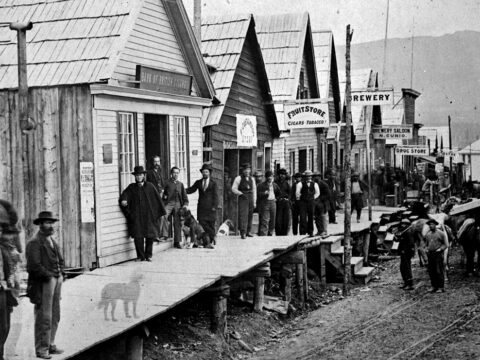
9In 9 playlists
Every picture tells a story, but whose story? How can a single picture tell us a story about what happened long ago? To answer these questions historians have developed some thoughtful ways to read photographs.
View Pathway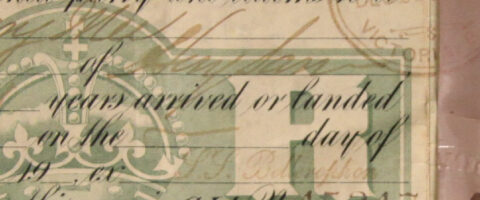
5In 5 playlists
Look into documents and artifacts from the Royal BC Museum and Archives to uncover how the Chinese Canadian community was treated in BC’s past.
View Pathway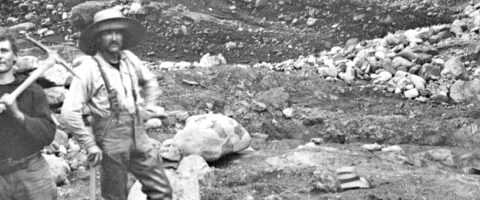
8In 8 playlists
Did you know that there has been a connection between China and BC for over 225 years? Explore the Royal BC Museum and Archives and use our collections to find out more about early Chinese Canadian history.
View Pathway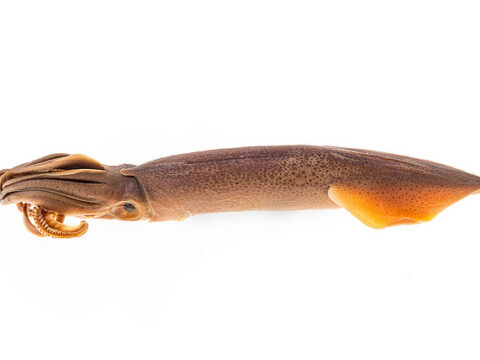
1In 1 playlists
Marine invertebrates are animals without backbones that live in the ocean. These creatures make up most of ocean animal life. Learn about the incredible diversity beneath the waves.
View Pathway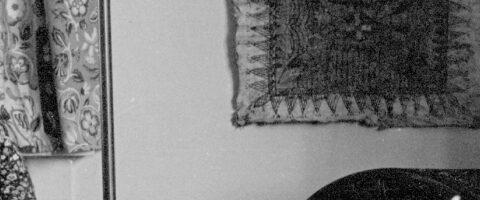
6In 6 playlists
Oral history recordings are like time machines. They transport us to the past and help us learn about the people and places of British Columbia. They are uniquely personal accounts of the past from the people who actually lived it. What can you discover about British Columbia’s past by listening?
View Pathway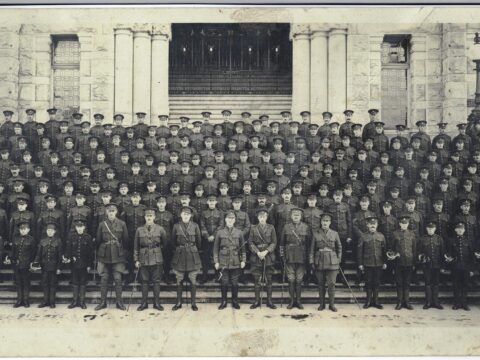
3In 3 playlists
It’s been more than 100 years since the beginning of the First World War. How can we now use artifacts, documents, and other primary sources to understand what life was like for people during this part of BC’s past?
View Pathway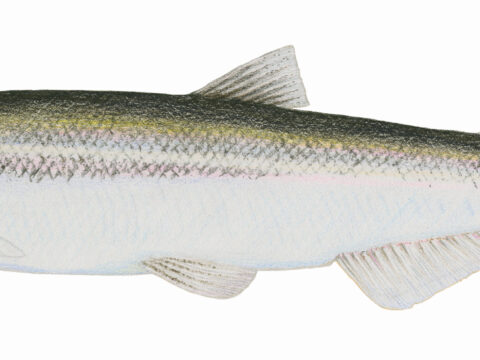
1In 1 playlists
The Royal BC Museum fish collection is varied and wonderful. Explore the astounding diversity of British Columbia fishes through the collection and scientific illustration.
View Pathway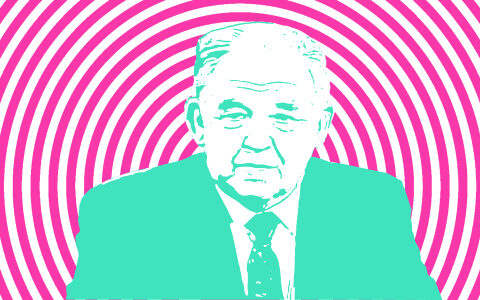
1In 1 playlists
Jack Webster was a well-known British Columbian journalist. BCTV donated all of the Webster! episodes to the Royal BC Museum. What will you discover about BC's recent past from the Jack Webster collection?
View Pathway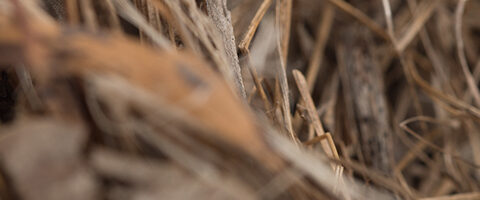
5In 5 playlists
We're all in this together. An ecosystem is a natural community. When species disappear it can throw an entire system off balance, with far-reaching consequences for ecosytems, for the planet, and for us. What can we do about it?
View Pathway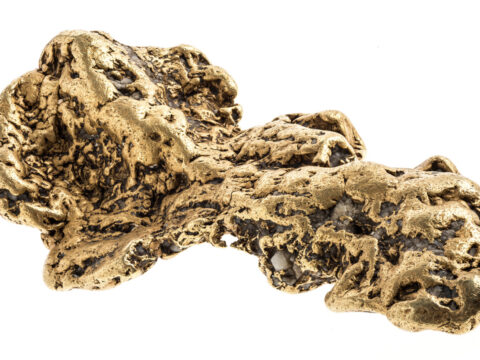
6In 6 playlists
In 1858 word of gold rang out in the Fraser Canyon, setting off a dramatic migration of people and propelling this once remote region of western North American into the modern age. What can you discover about BC's gold rush?
View Pathway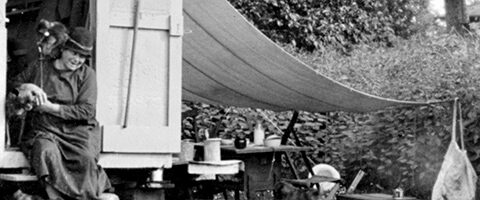
3In 3 playlists
Emily Carr is British Columbia’s most famous artist, but she was also a colourful woman who lived a life full of adventure. Learn about Emily’s love of animals and explore her life through some of the museum’s vast Emily Carr collection.
View Pathway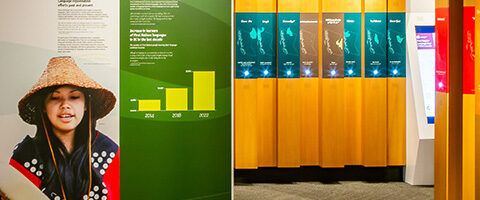
7In 7 playlists
Did you know BC is a language hotspot? Over 34 distinct indigenous languages are spoken here. Explore sounds, images, words and video about First Nations languages.
View Pathway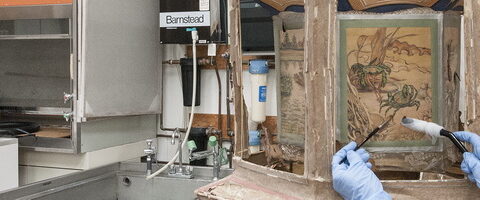
2In 2 playlists
Canada’s oldest Chinatown is in Victoria, BC. The Royal BC Museum exhibition Tradition in Felicities used video, photographs and the written word to celebrate the community of this national landmark. Teachers look for lesson plans in Watch!
View Pathway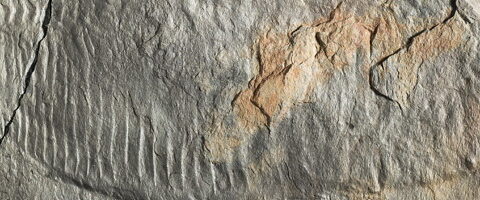
3In 3 playlists
Some of the oldest fossils in the Royal BC Museum collection are some of the oddest looking too. Learn about the strange forms of early life on Earth.
View Pathway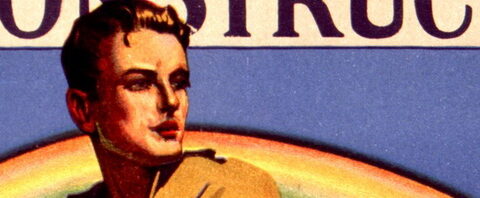
7In 7 playlists
Documentary film and photographic images held in the BC Archives help us to remember the First World War. Watch video, see photographs and read about the war sometimes called The Great War.
View Pathway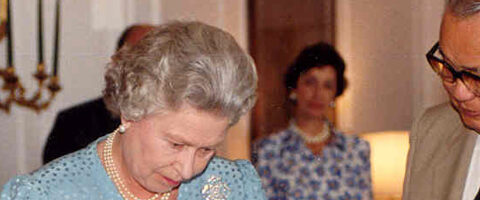
1In 1 playlists
The role of the British Crown in Canada is mainly ceremonial, but the lieutenant-governor still plays a key part in the governing of British Columbia.
View Pathway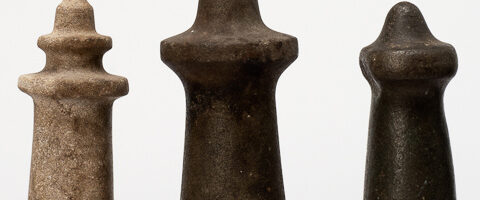
2In 2 playlists
Archaeology tells us that Indigenous people have been here a very long time. Evidence such as artifacts, house remains and animal bones are held in the Royal BC Museum collection.
View Pathway
1In 1 playlists
You might be surprised at what a seemingly simple piece of paper can reveal. The BC Archives holds paper documents such as birth, marriage and death certificates. These and other records are important resources for family history researchers.
View PathwayMedia

Mrs. R. Maynards Photo Gallery Final
Read
Lesson Plan Hannah Maynard
Read
Hannah Maynard Career
Read
Truth and Reconciliation FINAL Lesson Plan
Read
Chinese Legacy in BC
Read
Our Roots Are Here
Read
Families_Secondary_0509
Read
Secondary School lesson plan
Read
Mammoths and Mastodons Titans of the Ice Age Educator Guide
Read
EDITED_READBecoming an Oral Historian
Read
